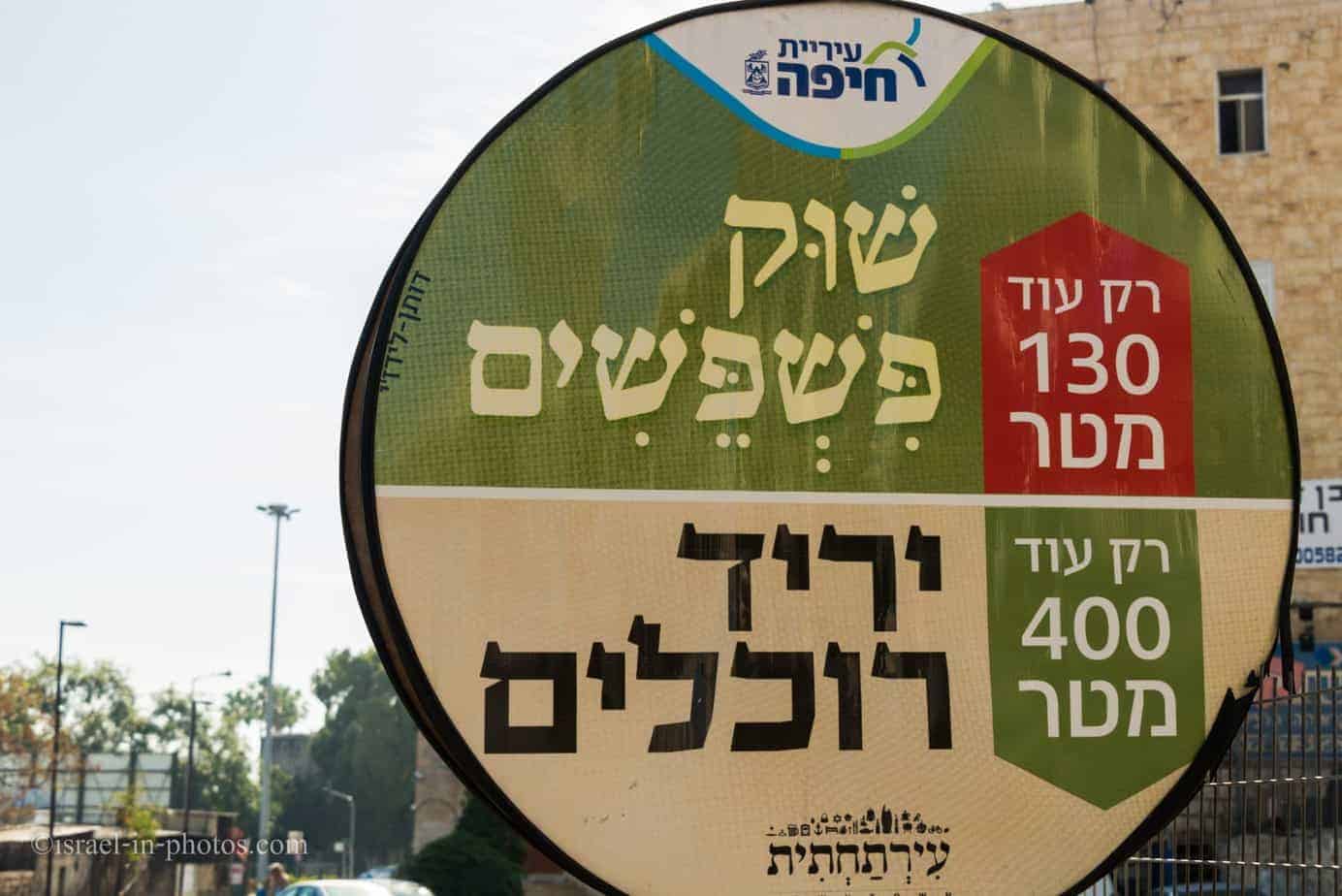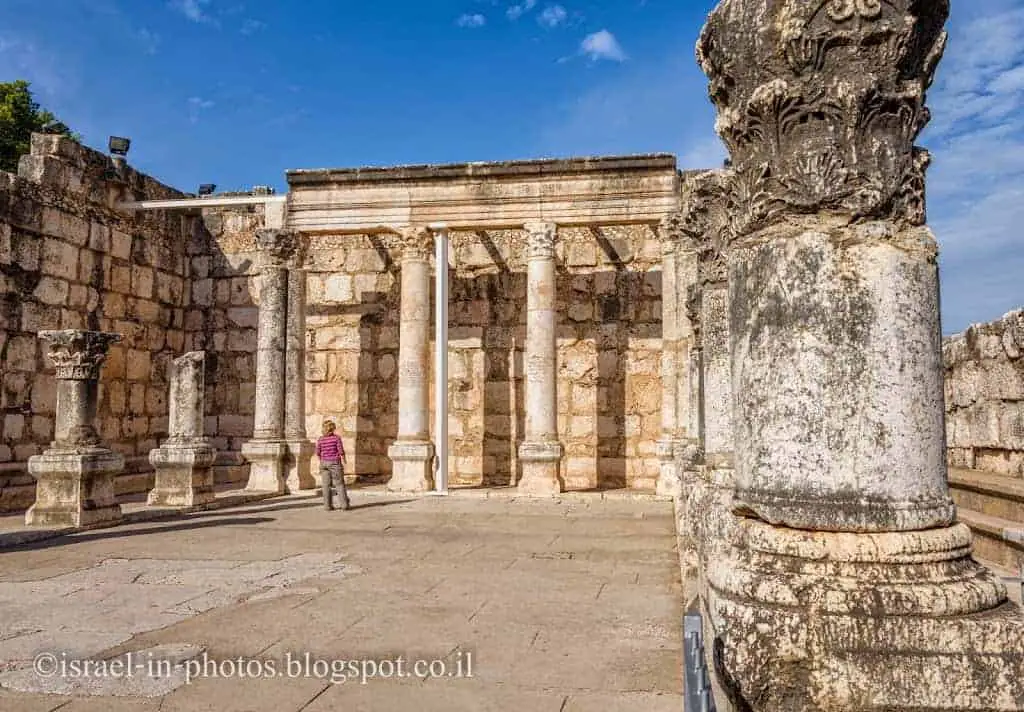Rome day #5 – Trastevere District, Basilica di Santa Maria, Great Synagogue and Theatre of Marcellus
Table of Contents
Trastevere District
We started our fifth day in Rome with a walk in Trastevere district. Trastevere is the 13th district of Rome, on the west bank of the Tiber, south of Vatican City. Its name comes from the Latin trans-Tiberim, meaning literally “beyond the Tiber”.
Parts of Trastevere is located on a hill and you can get a nice city view from there. During our climb we passed through Sant’Onofrio:
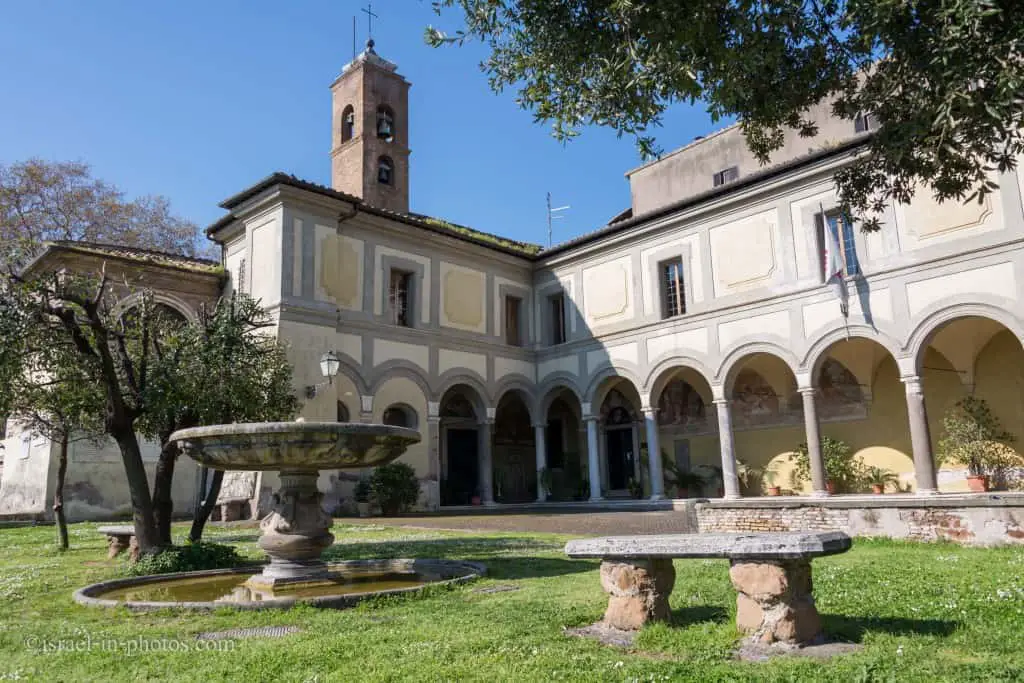
Sant’Onofrio al Gianicolo is a titular church in Trastevere, Rome. It is the official church of the papal order of knighthood Order of the Holy Sepulchre. A side chapel is dedicated specifically to the Order and a former grand master, Nicola Canali is entombed there.
I have been to Jerusalem many times, and to the Church Of The Holy Sepulchre at the Old City in particular, but didn’t know there is a dedicated order whose purpose is to protect it.
Here is one of the views you can get from Trastevere:

Victor Emmanuel II Monument:

Another Rome panorama:

This panorama was taken not far from Monument to Garibaldi, and here is the monument:
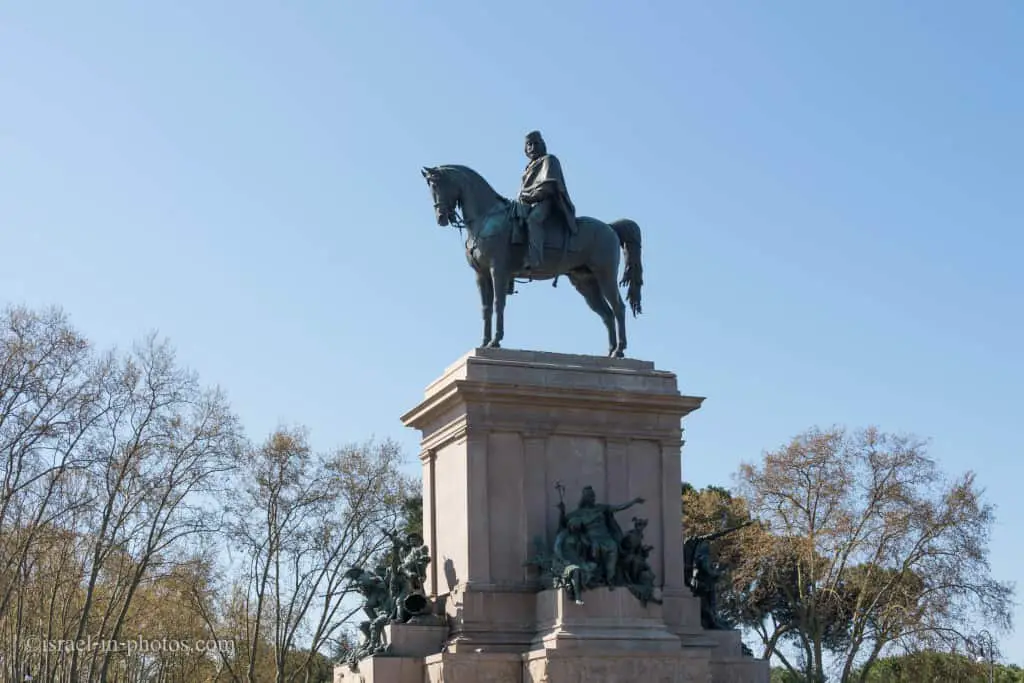
Giuseppe Garibaldi (1807 – 1882) was an Italian general and politician who played a large role in the history of Italy. He is considered, with Camillo Cavour, Victor Emmanuel II and Giuseppe Mazzini, as one of Italy’s “fathers of the fatherland”.
Garibaldi was a central figure in the Italian Risorgimento, since he personally commanded and fought in many military campaigns that led eventually to the formation of a unified Italy. He was appointed general by the provisional government of Milan in 1848, General of the Roman Republic in 1849 by the Minister of War, and led the Expedition of the Thousand on behalf and with the consent of Victor Emmanuel II.
We went down towards Basilica di Santa Maria in Trastevere. Trastevere is also know as a picturesque neighborhood, and here is an example:
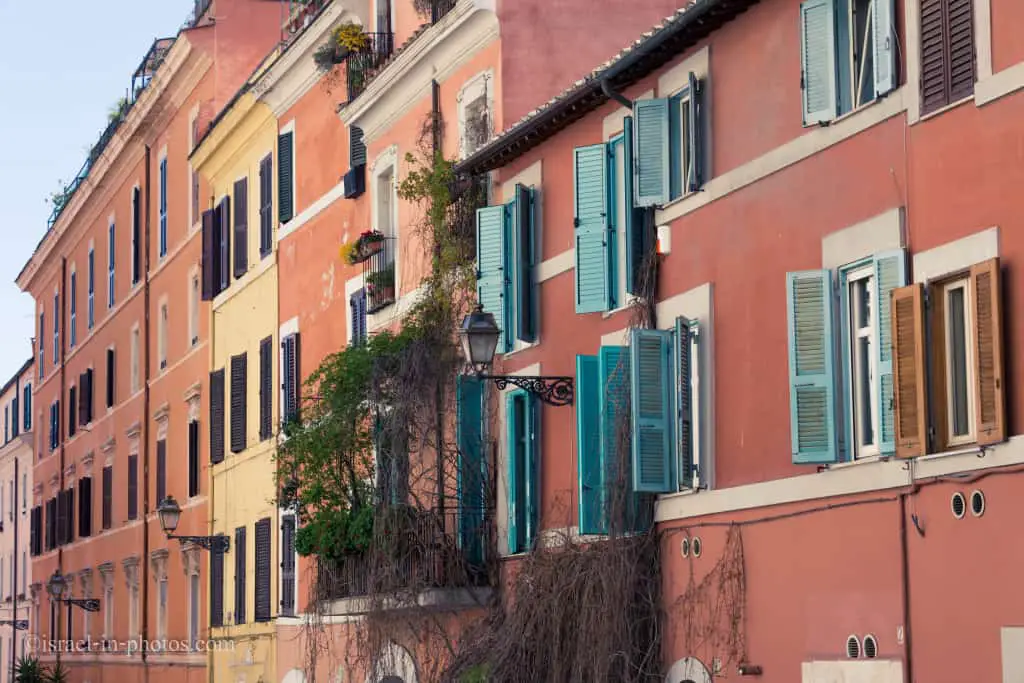
Basilica di Santa Maria in Trastevere
The facade of Santa Maria in Trastevere:

The Basilica of Santa Maria in Trastevere is a titular minor basilica in the Trastevere district of Rome, and one of the oldest churches of Rome. The basic floor plan and wall structure of the church date back to the 340s, and much of the structure to 1140-43. The first sanctuary was built in 221 and 227 by Pope Callixtus I and later completed by Pope Julius I. The church has large areas of important mosaics from the late 13th century by Pietro Cavallini.
13th-century mosaics in the apse:

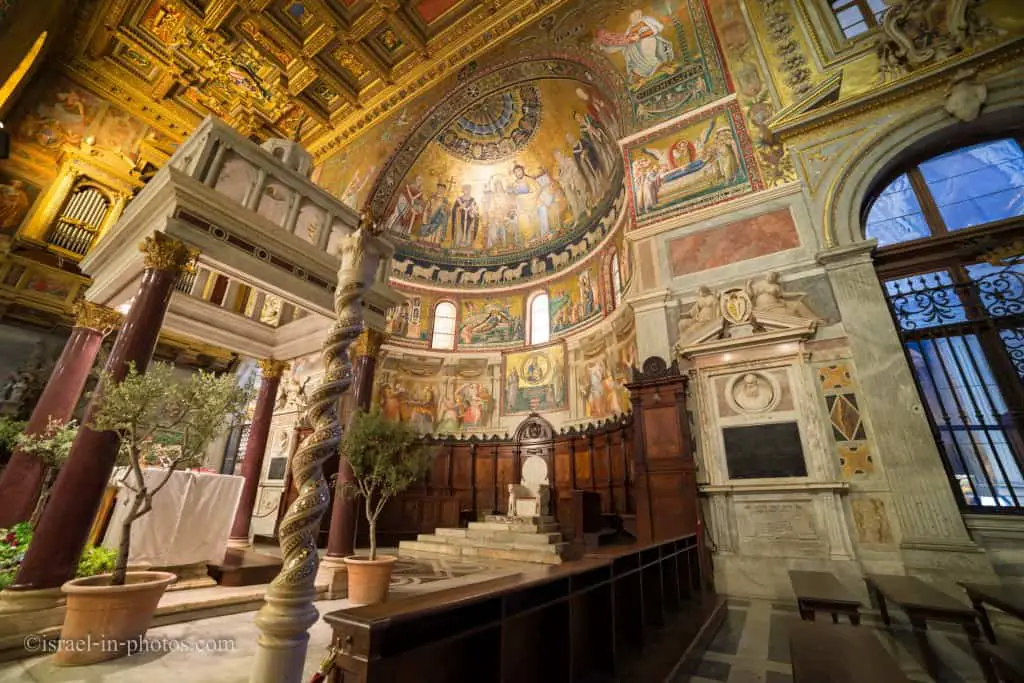
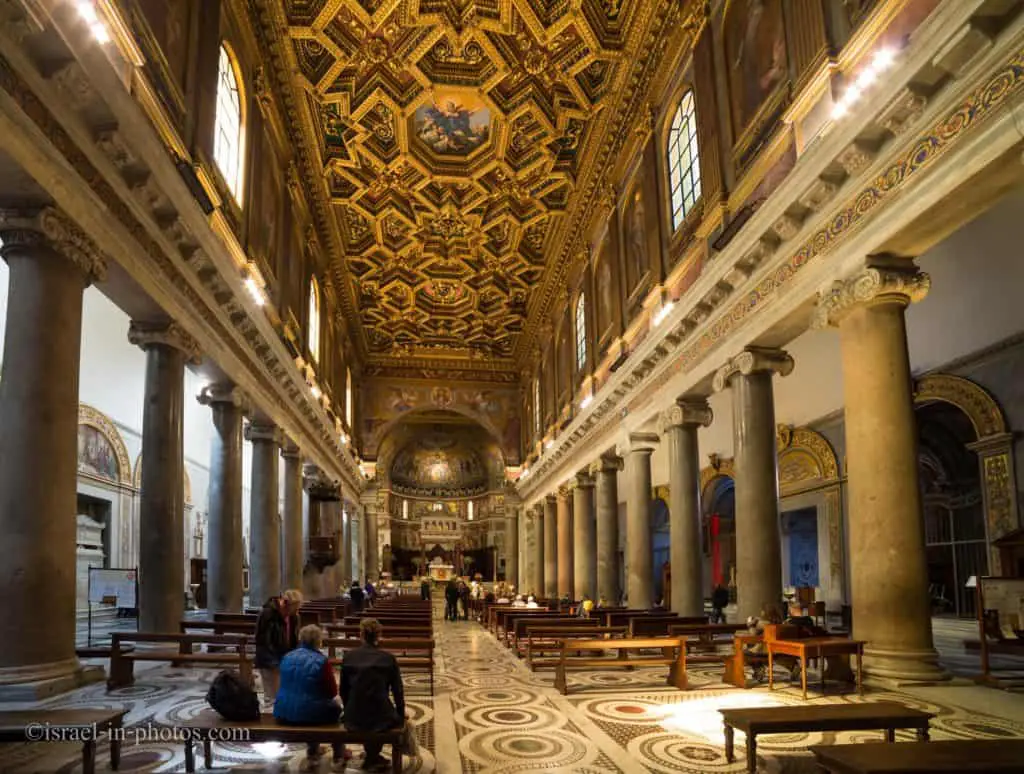
Unfortunately, Santa Cecilia in Trastevere was already closed:

Houses in Trastevere:

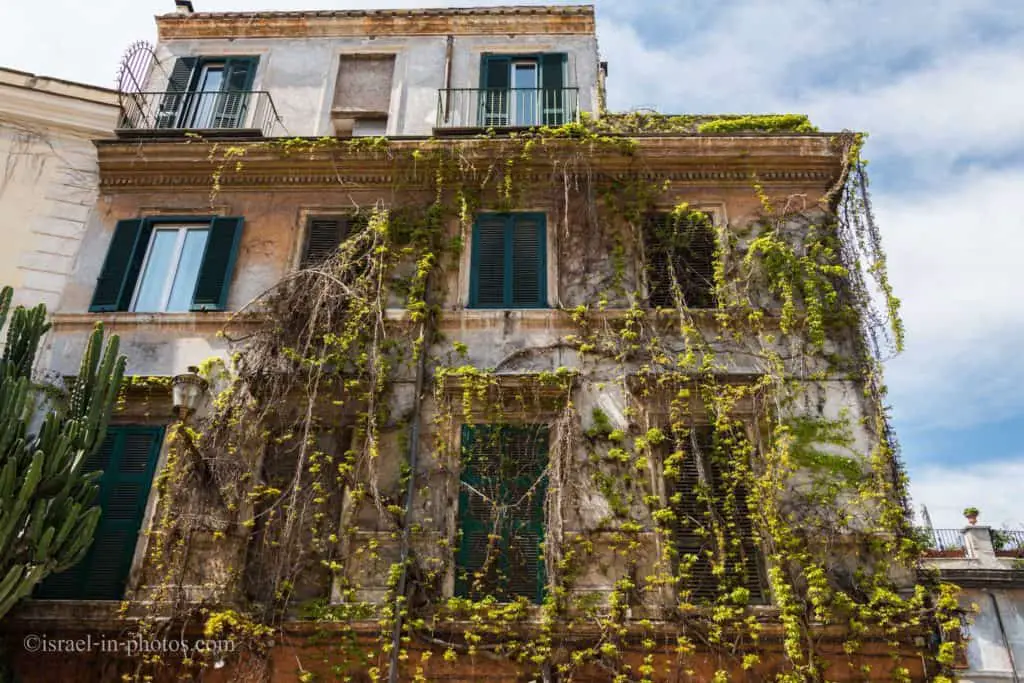
Tiber Island

And after about 70 meters (the width of the Tiber island) you get to the other side:

As you get off the bridge you will see the:
Great Synagogue of Rome

The Jewish community of Rome goes back to the 2nd century B.C when the Roman Empire had an alliance of sorts with Judea under the leadership of Judah Maccabeus. At that time, many Jews came to Rome from Judea. Their numbers increased during the following centuries due to the settlement that came with Mediterranean trade. Then large numbers of Jews were brought to Rome as slaves following the Jewish–Roman wars in Judea from 63 to 135 CE
The present Synagogue was constructed shortly after the unification of Italy in 1870, when the Kingdom of Italy captured Rome and the Papal States ceased to exist. The Roman Ghetto was demolished and the Jews were granted citizenship. The building which had previously housed the ghetto synagogue was demolished, and the Jewish community began making plans for a new and impressive building.
And next to the Synagogue you can find:
Marcello Theater

The Theatre of Marcellus is an ancient open-air theatre in Rome, Italy, built in the closing years of the Roman Republic. At the theatre, locals and visitors alike were able to watch performances of drama and song. Today its ancient edifice in the rione of Sant’Angelo, Rome, once again provides one of the city’s many popular spectacles or tourist sites.
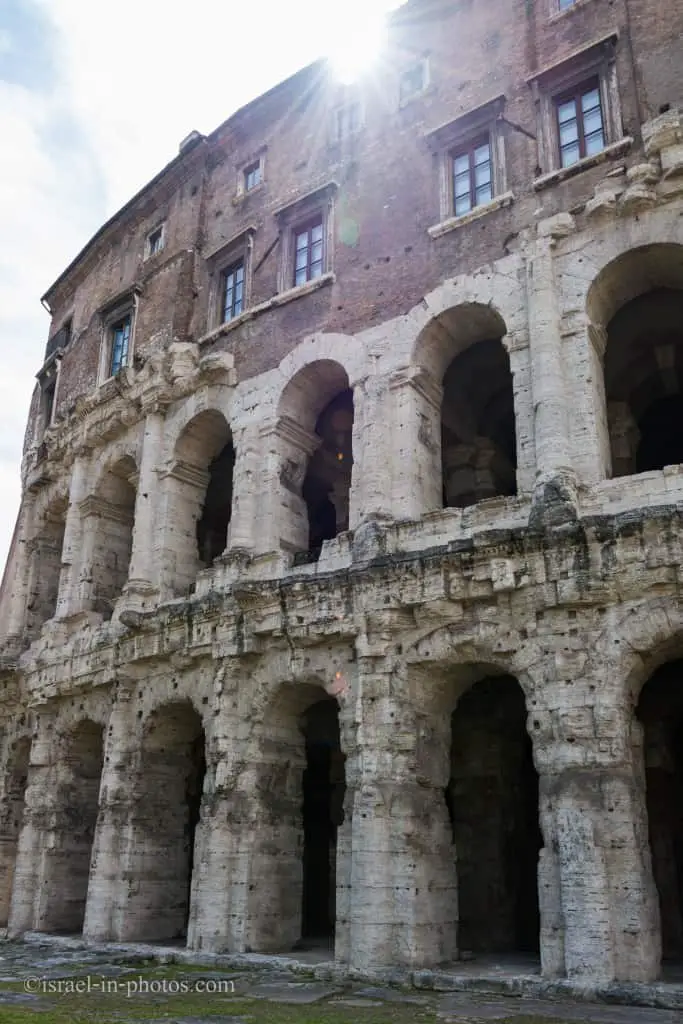
Near to the theater, you can find the remains of Temple of Apollo Sosianus (the three columns):
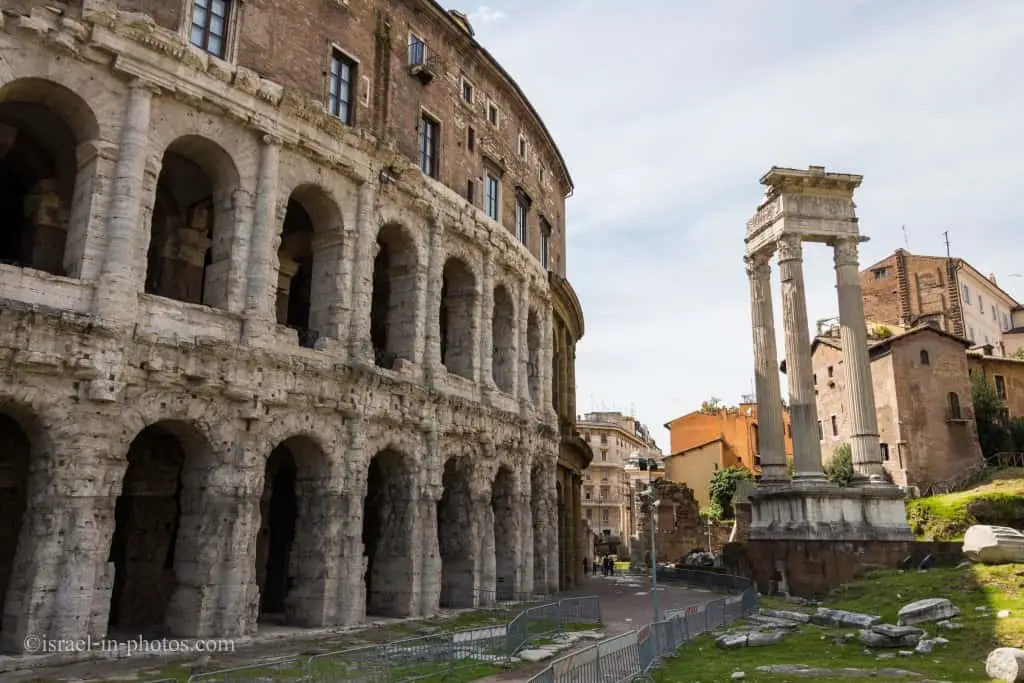 Apollo is the god of music, poetry, art, oracles, archery, plague, medicine, sun, light, knowledge and Gaius Sosius was a Roman general and politician who rebuild this temple.
Apollo is the god of music, poetry, art, oracles, archery, plague, medicine, sun, light, knowledge and Gaius Sosius was a Roman general and politician who rebuild this temple.
As our trip was coming to the end we decided to visit Piazza Navona once more and to eat “Tartufo” (see day #1 for explanation):

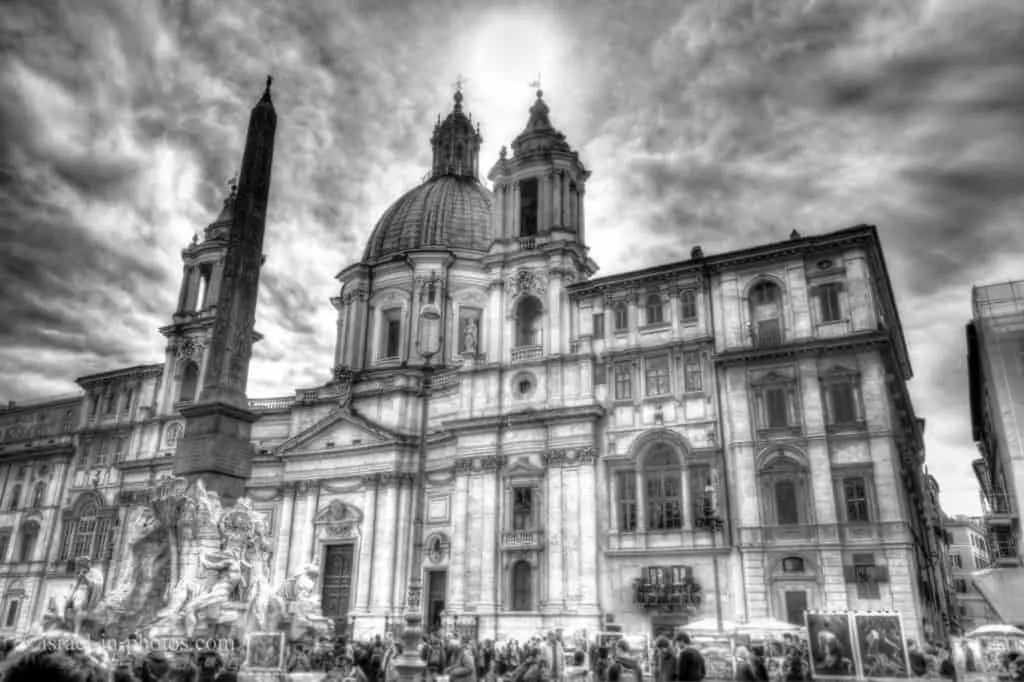
Castel Sant’Angelo:

We will end this trip with the photo of top tourist attraction in Rome, St. Peter’s Basilica:

For a map of all attractions and overview of all days see Five days in Rome.
Stay Tuned!
Additional Resources
Here are several resources that I created to help travelers:
- Trip Planner with Attractions and Itineraries is the page that will help you create your perfect travel route.
- What is the Best Time to visit Israel? To answer this question, we will consider the weather, prices, holidays, festivals, and more.
- Information and Tips for Tourists to Israel will answer the most common questions tourists have about Israel (including safety, passports, weather, currency, tipping, electricity, and much more).
- Israel National Parks and Nature Reserves include a complete list, top ten, map, tickets (Israel Pass, Matmon, combo), and campsites.
- If you are looking for things to do, here are the pages for Jerusalem, Tel Aviv, Haifa, Sea Of Galilee, Akko (Acre), Eilat, Nazareth, Safed (Tzfat), and Makhtesh Ramon.




